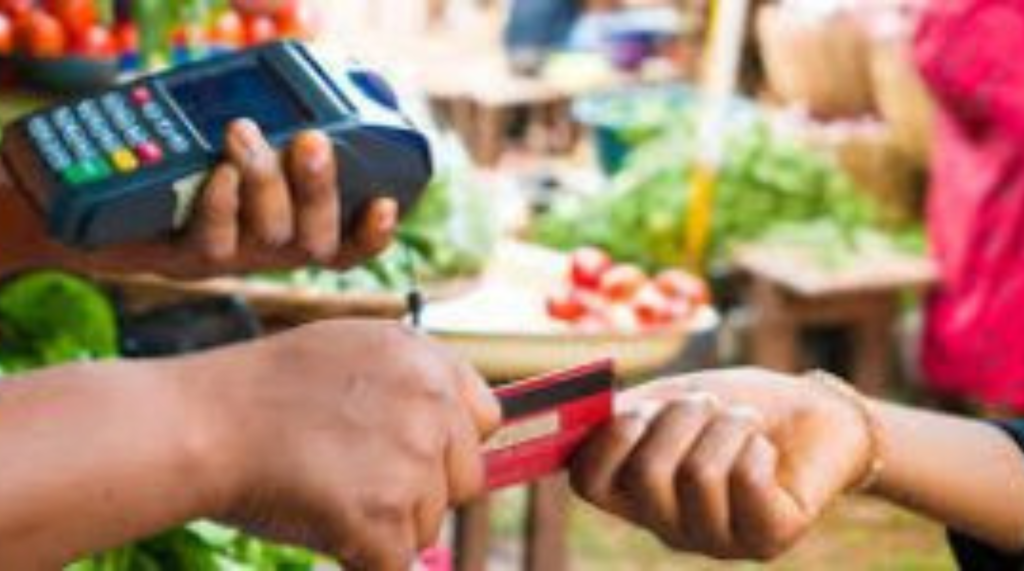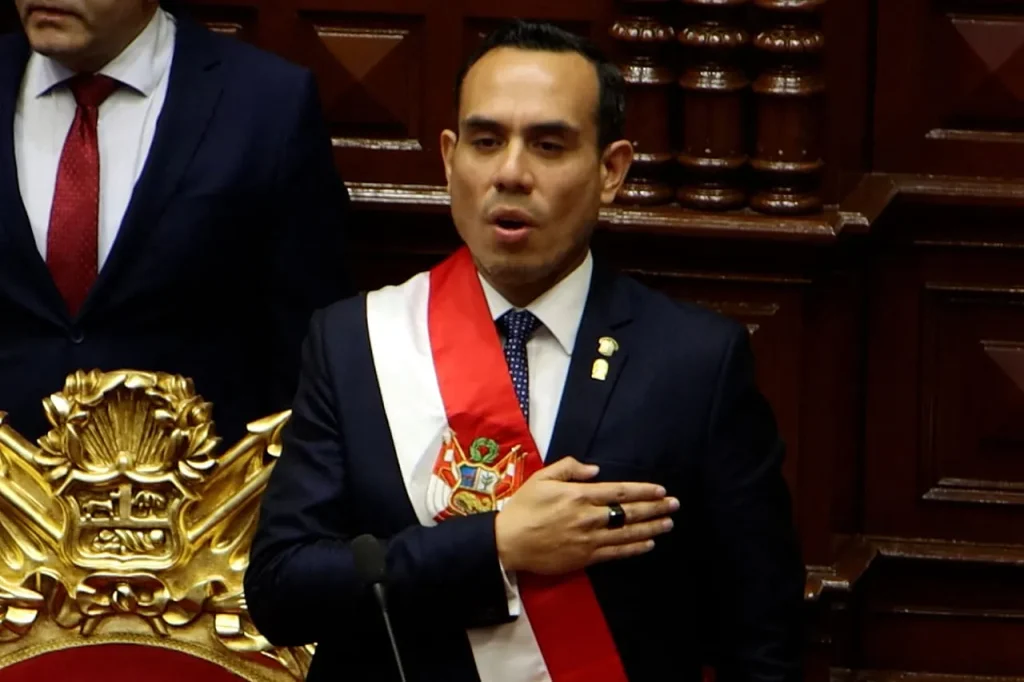Senegal is making significant strides in the digital payments sector, aiming to establish a comprehensive framework that will modernize its banking landscape. This initiative comes as the country seeks to promote financial inclusion and bolster its economy through technological innovation.
Background and Development
On October 12, 2023, the Central Bank of West African States (BCEAO) announced new regulations designed to enhance digital payment systems across its member countries, including Senegal. This move is part of a broader strategy to integrate digital payment solutions into everyday financial transactions, thus fostering economic growth and improving access to banking services for underserved populations.
The framework will facilitate various digital payment methods, including mobile money, online banking, and electronic wallets. The BCEAO emphasized that this regulation aims to ensure consumer protection, establish standards for payment service providers, and create a secure environment for digital transactions.
Key Stakeholders
Among the prominent figures in this initiative is Amadou Ba, the Minister of Finance and Budget of Senegal. During a press conference in Dakar, he highlighted the importance of this regulatory framework in driving financial inclusion. Ba stated, “This framework is not only about technology; it is about ensuring that all Senegalese have access to financial services, empowering them in a rapidly evolving digital economy.”
The initiative has garnered support from various fintech companies operating in Senegal. Notable among them is Wave, a leading mobile money service that has seen tremendous growth in the region. Wave has raised significant funding to expand its services, and its operations are expected to align closely with the new regulatory measures.
Impacts and Future Outlook
The introduction of this framework is expected to have a profound impact on the banking sector in Senegal. By fostering innovation in payment solutions, it will likely lead to increased competition among banks and fintechs, ultimately benefiting consumers through lower fees and improved services.
Additionally, the BCEAO’s focus on cybersecurity and consumer protection will help build trust in digital payment systems. With over 60% of adults in sub-Saharan Africa lacking access to traditional banking, initiatives like this are crucial for bridging the financial inclusion gap.
As Senegal embarks on this journey, the collaboration between the government, regulatory bodies, and the private sector will be pivotal. The country aims to position itself as a leader in the digital payments space in West Africa, paving the way for broader economic development.























